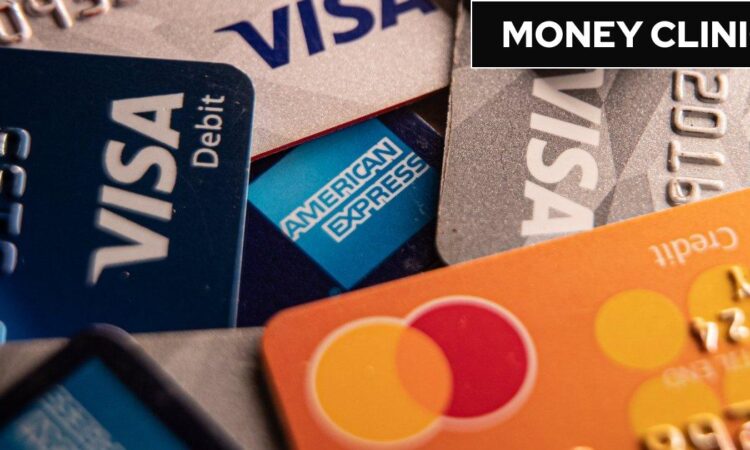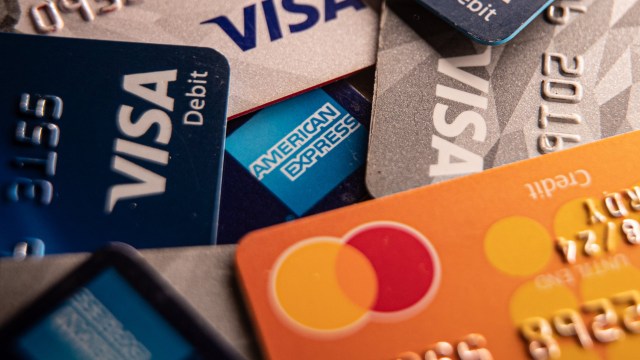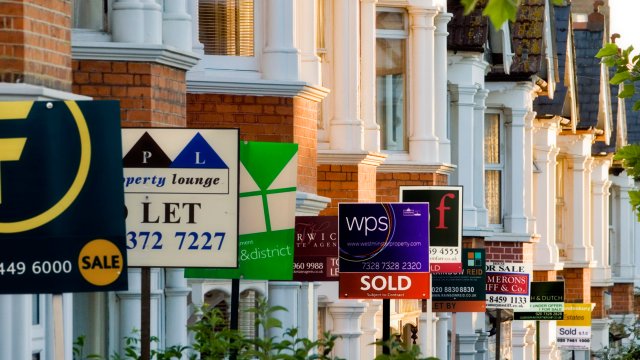
Money Clinic
This week, in i’s new column, I am helping a reader get to grips with how credit card companies are so profitable
March 8, 2024 6:00 am(Updated 12:09 pm)

Are you in financial agony? Ask Paul Lewis, broadcaster and our new financial agony uncle. Is there something you’ve always wanted to know but don’t understand? Do you need to know your rights in a situation? Have you been in a situation where you think you’ve been ripped off?
Paul can help. He can’t take on individual cases or try to force firms or the Government to be reasonable. But you can send all those questions about things that puzzle you involving money to Paul at [email protected] and he will answer some of them in this column. Remember, it’s your column so get those questions coming in.
Tony writes: How do credit card companies make any money? I always pay the owed amount in full at the end of each month, so they get nothing out of people like me. Am I being subsidised by cash-strapped people that pay interest on their debts? This seems unfair.
Paul writes: Yes, Tony, you are being subsidised. As usual with credit of any sort those who use it wisely, as you do, are subsidised by people who do not – or cannot afford to. Unfair? Of course.
Credit cards are a great way to get interest-free lending for up to eight weeks. People who pay that debt off in full every month pay nothing for that loan facility. But if you do not pay the debt off in full every month then you are charged a very high rate of interest. The average rate on purchases is around 25 per cent, not counting the monthly fees some charge.
If you have a debt on a credit card averaging £1,000 you will pay £250 a year – nearly £21 every month – just to pay the interest. The debt itself will not be touched. They are some of the people who are subsidising you, Tony, and all the other credit card users who have your sensible habit and pay off their card in full each month.
The best way to do that is by a direct debit on your bank account. But of course you have to be sure that when the payment is due you have enough in your bank account to meet it. And monthly fees are normally a waste of money.
If you make only a part payment – perhaps you owe £500 but can only afford £400 this month – then the interest is charged on the whole £500 not just on the £100 you do not pay.
Eye-watering interest rates are not the only way credit card firms make money from customers. You are charged if you miss the payment date or exceed your credit limit. Nearly 20 years ago the old Office of Fair Trading decided that fines of £25 or more for those offences exceeded the actual cost to the bank and said would not investigate any bank that did not charge more than £12. Immediately all began to charge £12. So much for competition!
Other charges also apply to people like you, who pay their bill in full each month.
If you use your card to take cash out three ways of making money begin. First, most banks charge a fee of at least £3 just for taking the cash out – more if you withdraw over £100. Secondly, most charge an even higher rate of interest on cash withdrawals. HSBC for example on its Classic Visa credit card normally charges 29.9 per cent on debt run up buying stuff, but it charges 35.9 per cent on cash!
And don’t think “never mind I always pay my bill in full” because there is another trap. Interest starts the day it is taken out and is applied even if you pay the bill in full. So that £100 could cost you £3 if that debt is live for a month. So never, ever use a credit card to take out cash.
Charges for good payers do not end there. If you use your card to buy anything in a foreign currency then banks typically charge you nearly three per cent of what you spend – a hefty premium on a foreign holiday. This surcharge also applies if you buy things online from suppliers outside the UK in a foreign currency. Out of more than 100 credit cards on the market only 15 are listed as having no foreign currency charge throughout the world and some of those come with conditions.
Another reader, Steve also asked: “Credit card companies can afford to offer zero per cent interest on balance transfer cards when they take on the debt from other cards charging around 20 per cent. Why don’t they all charge a reasonable interest rate of just a few percent above Bank of England base rate?”
The easy answer, Steve, is because they can. There are no restrictions in the UK on the rates charged on loans. At the end of December we owed a total of £68.6bn on credit cards. That includes debt that is paid off in full every month so pays no interest.
But even a fraction of that total debt paying the 25 per cent rate which the Bank of England says is the representative rate charged across all credit cards is still many billions of pounds in income. Banks tell me that debt on credit cards is risky and some is never repaid, so they have to charge these rates to enable them to make a profit. From you. Unless you are very careful.
Email [email protected] with any financial queries or contact him on X (formerly Twitter) @paullewismoney






